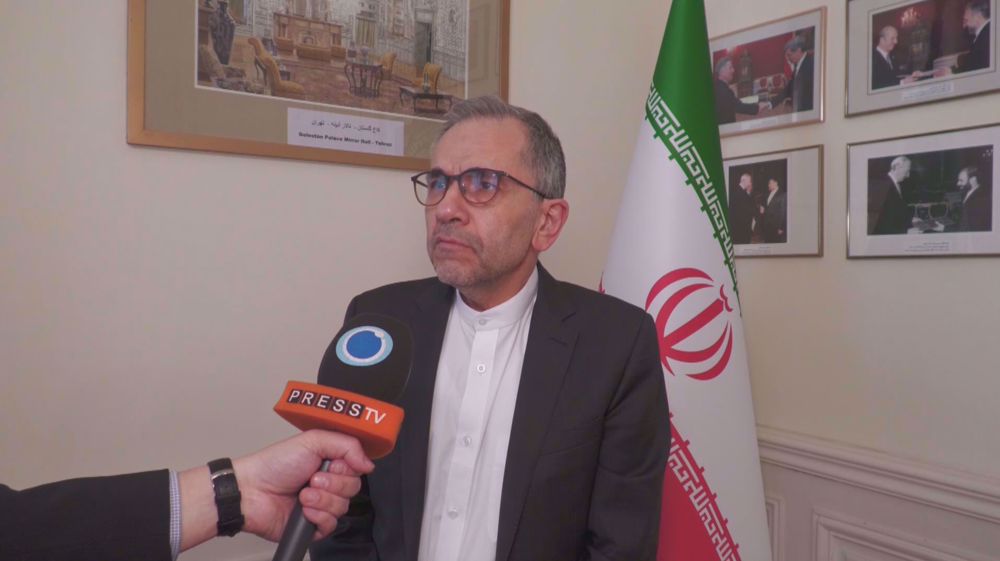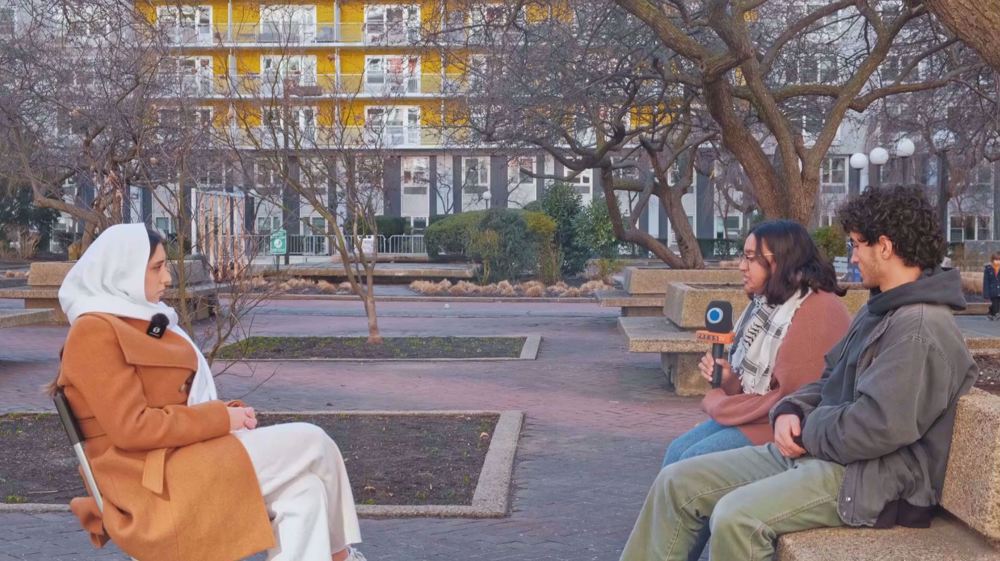Iran faces discrimination over nuclear program: Analyst
Press TV has conducted an interview with Kaveh Afrasiabi, an author and political scientist based in Boston, to get his take on remarks made by the Iranian Ambassador to the International Atomic Energy Agency (IAEA), Reza Najafi, urging Tehran’s nuclear file to be taken back from the UN Security Council to the IAEA.
The following is a rough transcription.
Press TV: Mr. Reza Najafi is asking for the file to be brought back from the Security Council to the IAEA and normalized. Your thoughts?
Afrasiabi: Well, I think it is a very timely request because in the first instance there was no legitimate ground for dispatching Iran to the UN Security Council rather, and there were other cases such as, with respect to South Korea and Egypt that the IAEA decided, for political reasons, they should not be sent to the UN Security Council. So there is a great deal of discrimination against Iran that hopefully [the IAEA] Board of Governors will now realize their mistakes and make up for it. So I think that Ambassador Najafi has raised a very valid and legitimate point that has a great deal of backing by the Non-Aligned Movement members of the IAEA.
Press TV: Right, and then we also have Mr. Najafi reiterating that the EU and the US sanctions against Iran must be lifted before any final deal or as a result of any final nuclear agreement goes into effect after this June deadline. Now why do we hear this constantly repeated this request by Tehran so many times in recent weeks.
Afrasiabi: Well, there is, as you said, nothing new about what Ambassador Najafi has said... simply repeating and echoing the sentiment of the Iranian negotiations team as well as other Iranian officials. Because there is a direct linkage between these negotiations and the reciprocity that is involved between Iran’s nuclear actions and the removal of sanctions. So I think that is a key issue that hopefully will be resolved in the process of drafting the final agreement between now and end of June.
Press TV: Right, and when Mr. Najafi is asking for the file to come back from the Security Council, is it because they feel that Iran is showing the transparency that the Security Council wanted to see and then now it is a due process that it should go back to the IAEA and be normalized as a normal status of a nuclear country; a country with a peaceful nuclear program I should say.
Afrasiabi: Yeah, I agree and I think that there is a goal in popular sentiment within the IAEA for this request by the Iranian envoy. But dispatching the Iranian file to the Security Council securitized the file and now by de-securitizing it and returning it to the IAEA after all those thousands of hours of inspections of all of Iran’s facilities, and the IAEA’s repeated confirmation that there is no signs of any evidence of a diversion of nuclear material, I think that this very timely, key demand by Iran resonates with the sentiment of the majority of the member states of the IAEA and put pressure on Mr. Amano...
MTM/KA

Press TV interviews Iran deputy FM on nuclear program, sanctions relief

The price we paid for freedom

ICC's arrest warrant for Netanyahu to worry Western politicians: Former British diplomat
UN warns malnutrition affecting over 60,000 children under five in Gaza
Eye for an eye: Yemen upends US-UK-Israeli war plots, stands unshaken with Gaza
US airstrikes target key educational, training center in Yemen
Al-Ahli Hospital bombing: Israel strikes last functioning north Gaza health facility
VIDEO | Press TV's news headlines
VIDEO | Paris hosts week-long pro-Palestinian rallies
US ‘Tactical Terrorism Response Team’ flags pro-Palestinian attorney at customs
VIDEO | Pro-Palestine demonstrators in UK slam BBC






 This makes it easy to access the Press TV website
This makes it easy to access the Press TV website